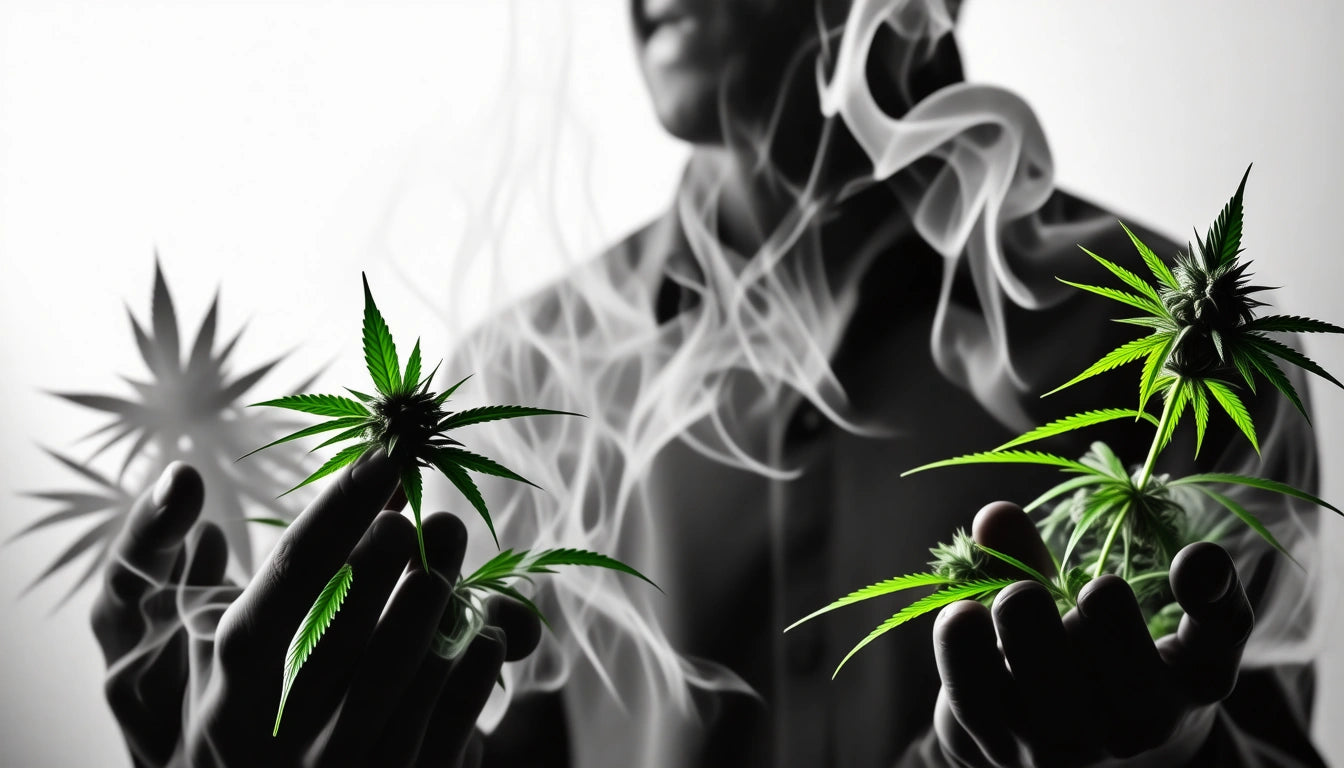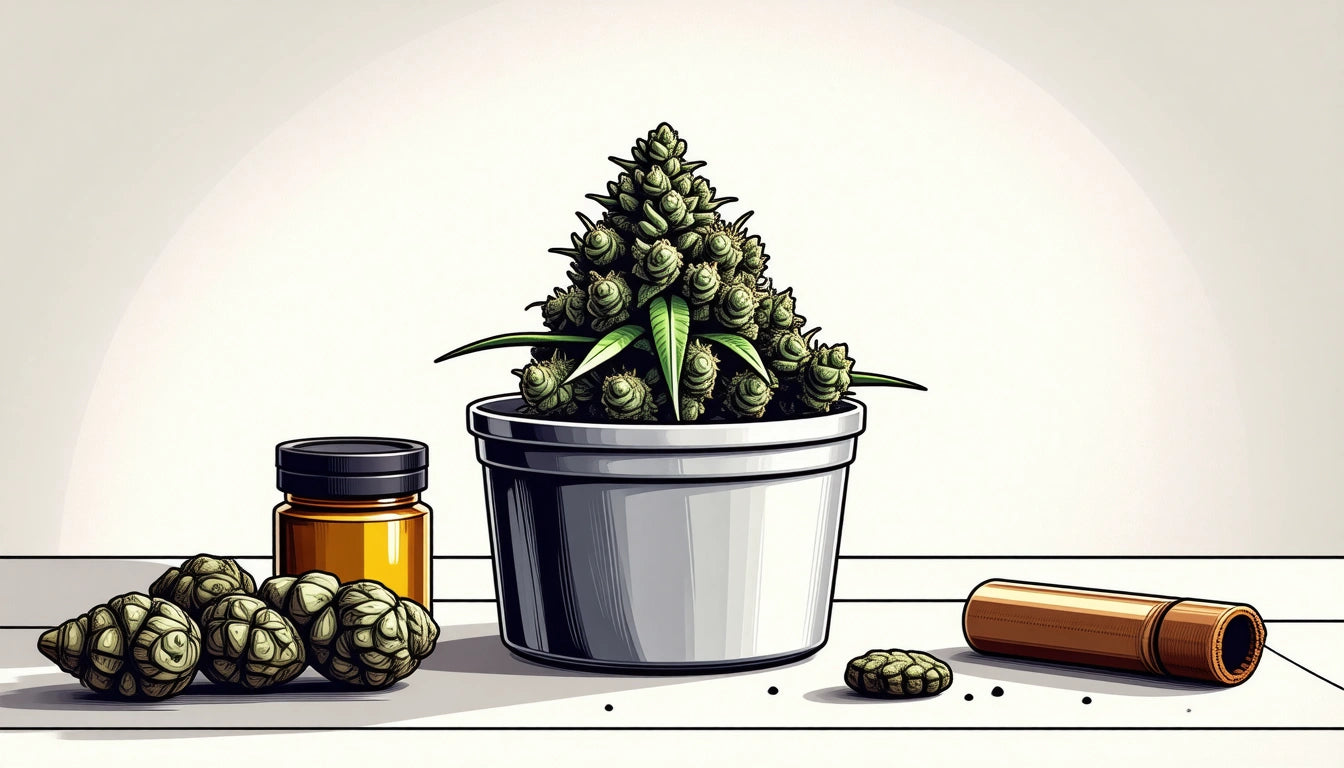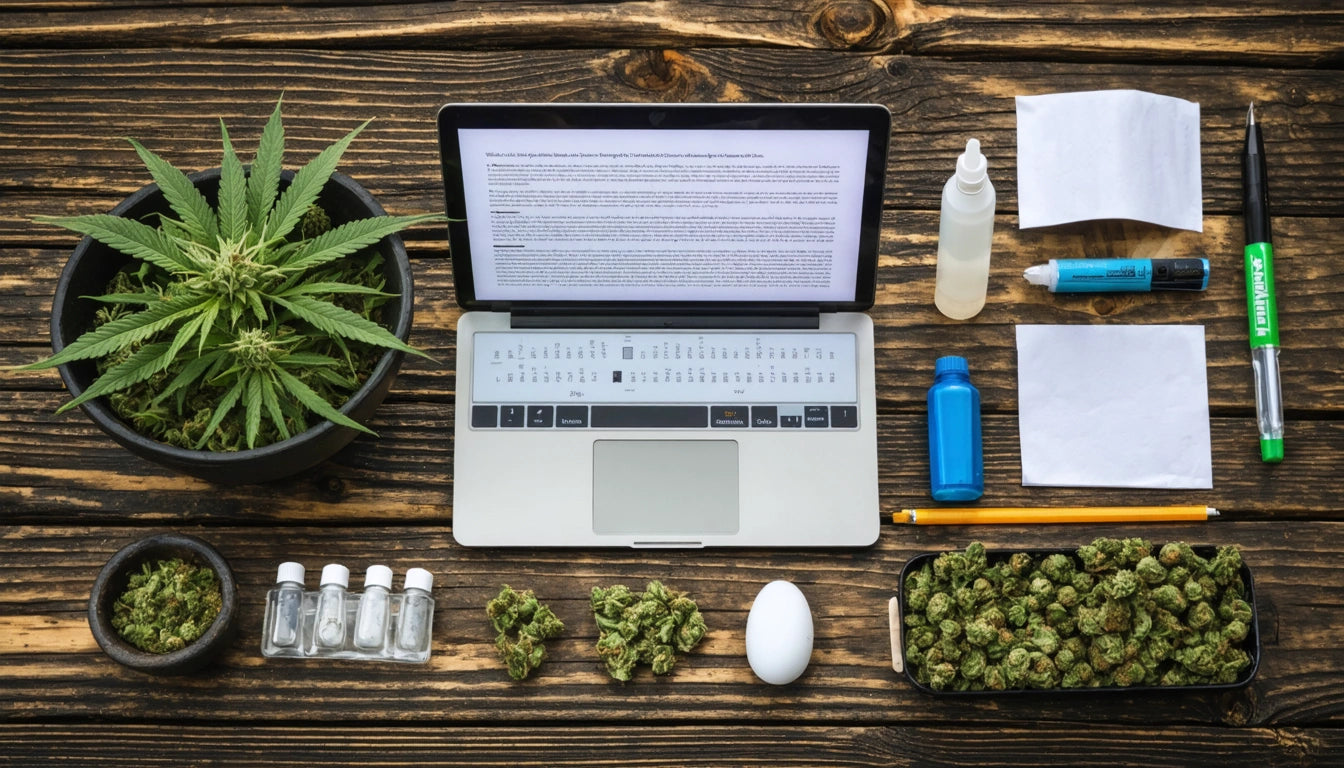Table of Contents
Does Holding in Weed Smoke Enhance Its Effects?
The practice of holding in cannabis smoke for as long as possible is a ritual many users swear by. The belief that holding in weed smoke makes it stronger or enhances its effects has been passed down through generations of cannabis enthusiasts. But does holding in weed smoke do anything beneficial, or is it simply an unnecessary practice that may cause more harm than good?
The Common Belief vs. Science: Does Holding in Weed Smoke Matter?
Many cannabis users believe that holding smoke in their lungs for extended periods allows more THC to be absorbed, resulting in stronger effects. However, scientific evidence suggests a different reality. According to research on smoke inhalation and absorption, approximately 95% of THC is absorbed within the first few seconds of inhalation.
The sensation that many interpret as "getting higher" from holding in smoke is often actually the result of oxygen deprivation to the brain, not increased THC absorption. This light-headed feeling can be mistaken for an enhanced high, leading to the perpetuation of this common misconception.
How Cannabis Absorption Actually Works
The Science of THC Absorption
When cannabis is inhaled, THC enters the lungs and passes directly into the bloodstream through the alveoli, tiny air sacs that facilitate gas exchange. This process happens remarkably quickly:
- Within 3 seconds: Majority of available THC is absorbed
- By 5 seconds: Absorption is nearly complete
- Beyond 5 seconds: Minimal additional THC absorption occurs
As explained in this comprehensive guide on marijuana's effects, THC rapidly enters the bloodstream and crosses the blood-brain barrier, producing effects within minutes of inhalation. The speed and efficiency of this process mean that extended breath-holding provides negligible benefits.
Health Considerations of Holding Smoke
Holding smoke in your lungs for extended periods may actually increase exposure to harmful compounds. Cannabis smoke contains many of the same irritants and carcinogens found in tobacco smoke, though in different proportions.
Extended breath-holding can:
- Increase tar deposition in the lungs
- Cause more irritation to lung tissue
- Lead to unnecessary oxygen deprivation
- Potentially increase exposure to carbon monoxide
For those concerned about safety, particularly when using products at home around family, proper storage is essential. Using properly sealed containers with child-resistant features helps maintain product integrity while preventing accidental access by children or pets.
Different Consumption Methods and Absorption Rates
Smoking vs. Vaping: Does Holding It In Do Anything?
The question of whether you're supposed to hold in weed vape is also common among cannabis users. Vaporization heats cannabis to temperatures that release cannabinoids without combustion, resulting in vapor rather than smoke.
With vaping:
- Absorption is similarly rapid to smoking
- Holding in vapor doesn't significantly increase THC absorption
- The vapor contains fewer irritants than smoke, but extended holding still offers minimal benefits
As this analysis of cannabis effects and myths points out, the cleaner nature of vapor doesn't change the fundamental absorption mechanics.
Edibles and Other Consumption Methods
It's worth noting that the question of holding in smoke doesn't apply to other consumption methods like edibles, tinctures, or topicals. These methods have entirely different absorption pathways and timelines:
- Edibles: Processed through the digestive system and liver, resulting in slower onset (30-90 minutes) but potentially stronger and longer-lasting effects
- Tinctures: Absorbed sublingually for faster onset than edibles but slower than inhalation
- Topicals: Act locally without significant psychoactive effects
These alternative consumption methods eliminate respiratory concerns entirely while providing different onset times and effect profiles.
Evidence-Based Practices for Optimal Effects
If holding in weed smoke doesn't make a difference in potency, what practices actually optimize cannabis effects? Research suggests several evidence-based approaches:
- Moderate inhalation: A slow, deep breath followed by a normal exhale after 1-3 seconds maximizes absorption while minimizing lung irritation
- Proper dosing: Starting with lower doses and gradually increasing as needed provides more consistent and controllable effects
- Mindful consumption: Being aware of set, setting, and intention often leads to more satisfying experiences
- Tolerance management: Taking occasional breaks helps maintain sensitivity to THC
Understanding how cannabis affects mood and perception can help users develop more intentional consumption practices focused on desired outcomes rather than maximizing THC intake through ineffective methods like extended breath-holding.
The bottom line? Does holding in weed smoke do anything beneficial? The scientific consensus suggests not really. The minimal additional THC absorption doesn't justify the potential increased exposure to irritants. For those seeking optimal effects, focusing on quality products, appropriate dosing, and healthier consumption methods will likely provide more satisfying results than trying to hold smoke in longer.











Leave a comment
All comments are moderated before being published.
This site is protected by hCaptcha and the hCaptcha Privacy Policy and Terms of Service apply.